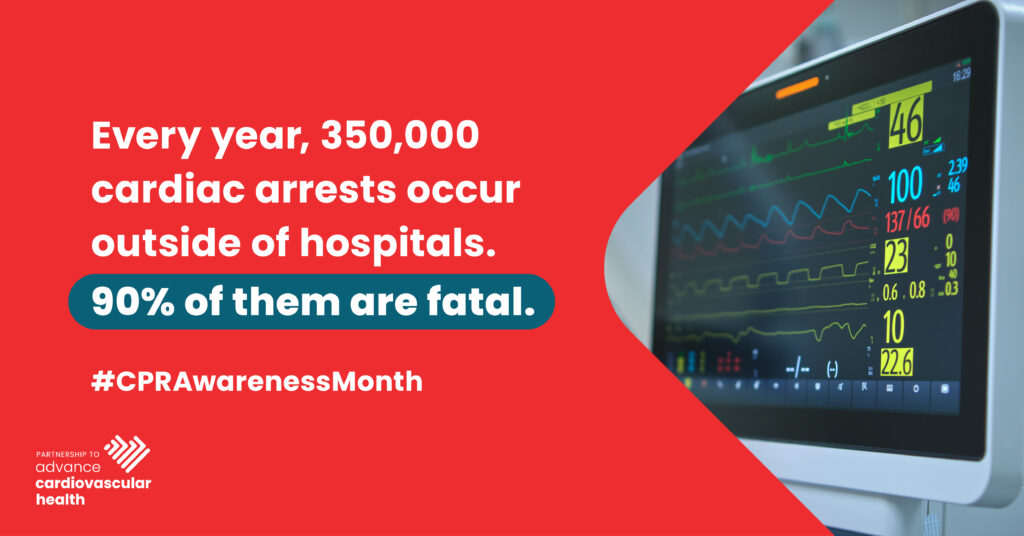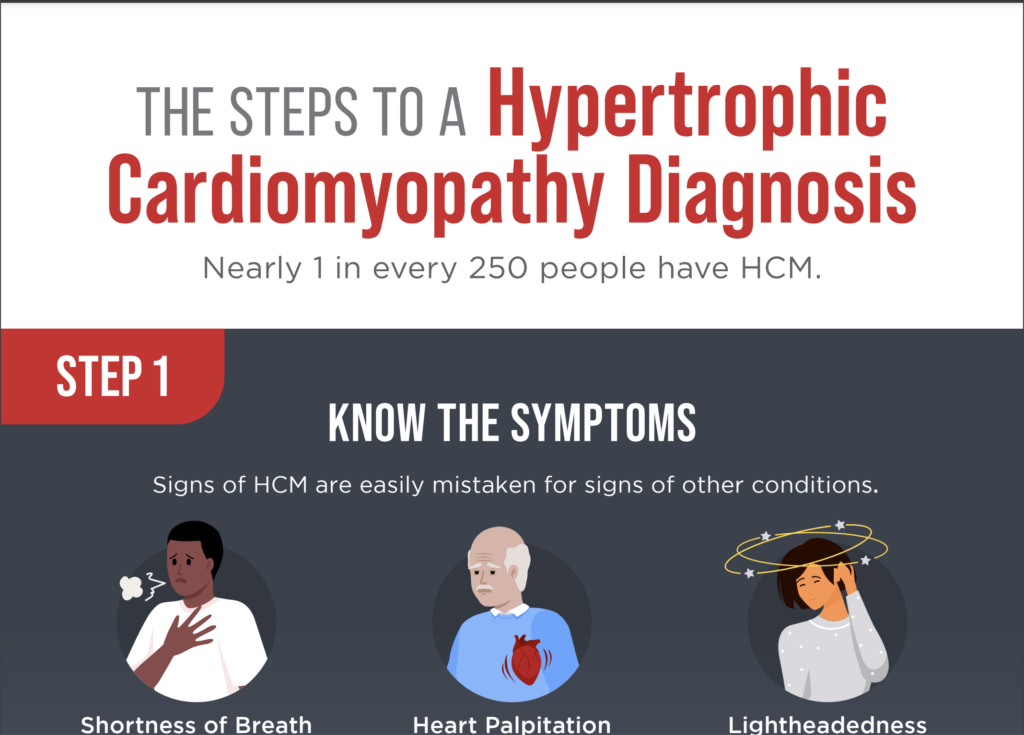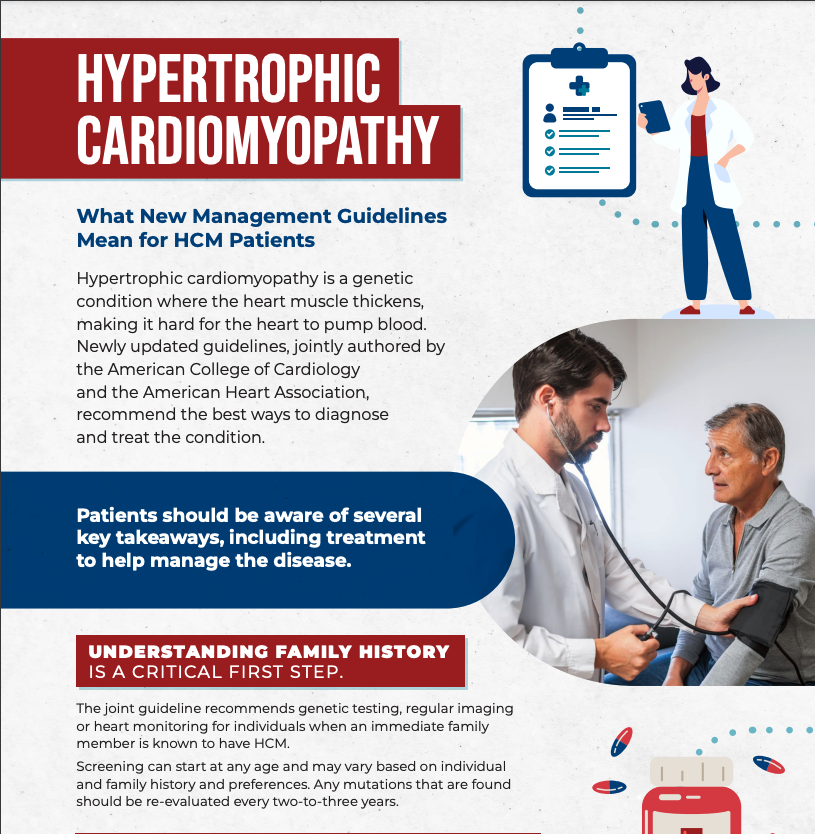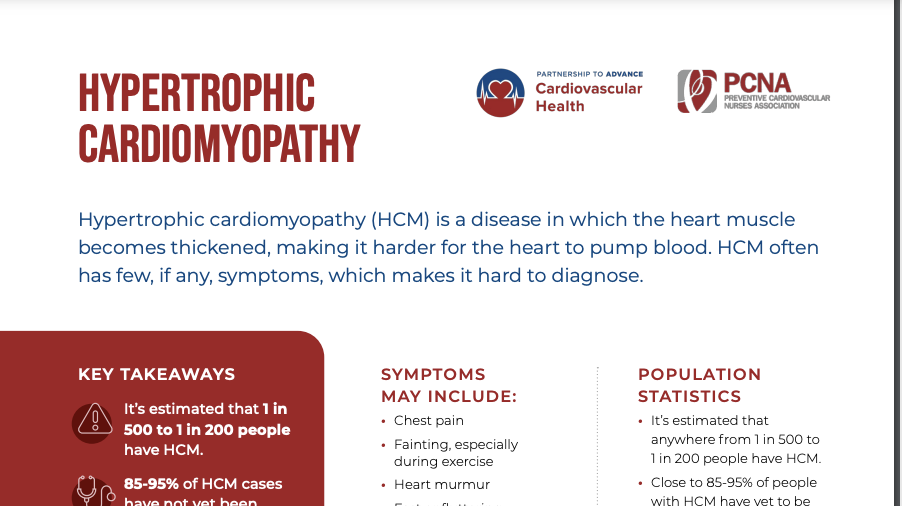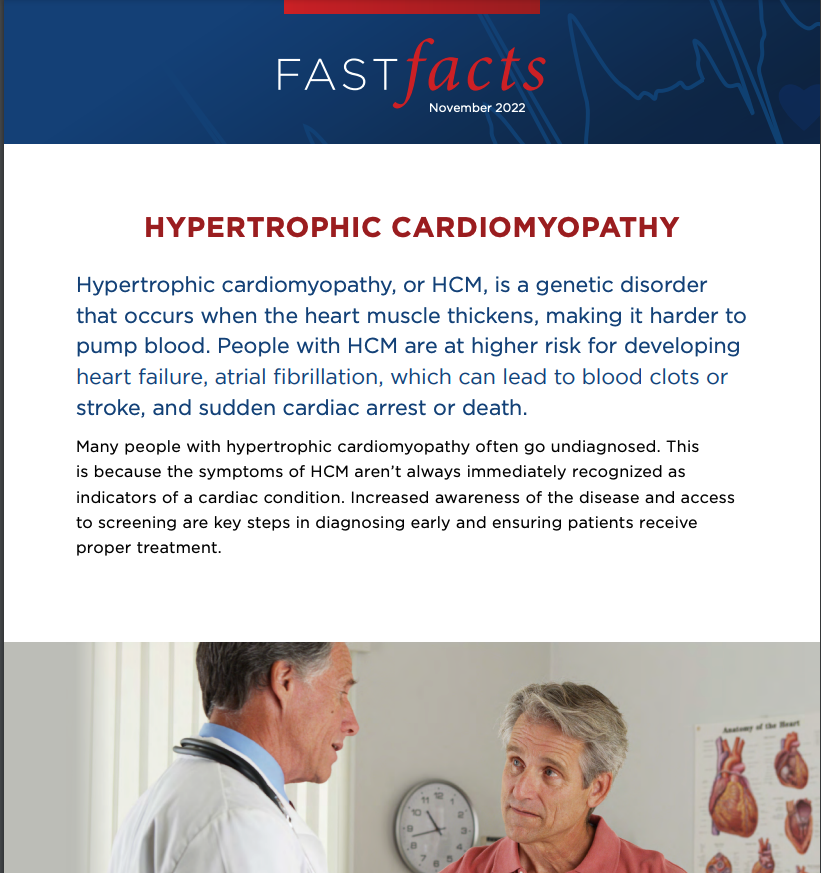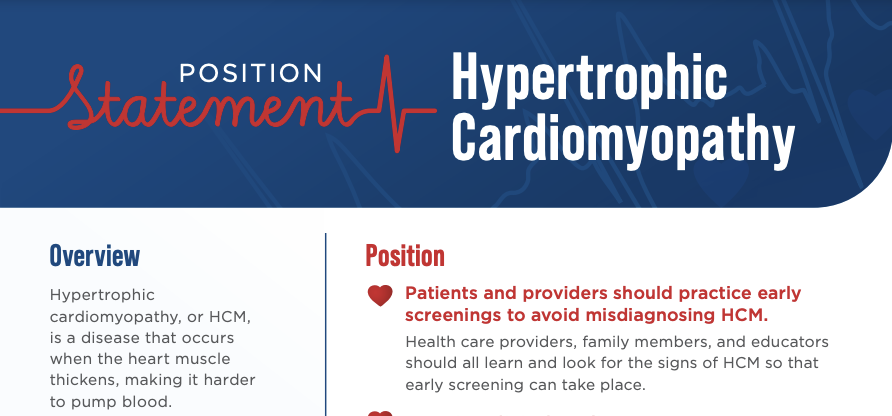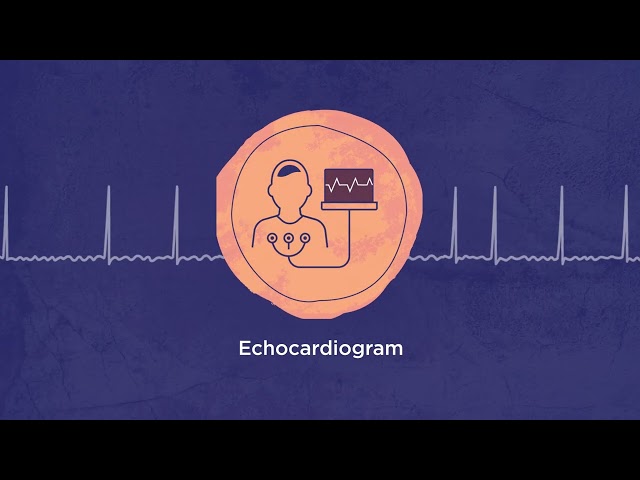Hypertrophic Cardiomyopathy

Hypertrophic cardiomyopathy, or HCM, is a genetic disorder that thickens the heart muscle, making it harder to pump blood. People with HCM are at higher risk for developing heart failure, atrial fibrillation, and sudden cardiac arrest or death.
Blogs
National Organizations Back New Drug Class for Care of Cardiomyopathy Patients
In a big win for heart patients, national guidelines to treat hypertrophic cardiomyopathy now include the first-of-its-kind medication – cardiac myosin inhibitors – as a first-line treatment.
New Medication Offers New Hope for Heart Patients
Things are looking up for patients who have an uncommon heart condition. The Food and Drug Administration last month approved a novel medication to treat obstructive hypertrophic cardiomyopathy.
Graphics
The HEARTS Act
#CPRAwarenessMonth
90% of Cardiac Arrests are Fatal Outside of Hospitals
#CPRAwarenessMonth
CPR Saves Lives
#CPRAwarenessMonth
Papers
Hypertrophic Cardiomyopathy: What New Management Guidelines Mean for HCM Patients
Newly updated guidelines, jointly authored by the American College of Cardiology and the American Heart Association, recommend the best ways to diagnose and treat the condition.
Hypertrophic Cardiomyopathy
Hypertrophic cardiomyopathy is a disease in which the heart muscle becomes thickened, making it harder for the heart to pump blood.
Fast Facts: Hypertrophic Cardiomyopathy
Many people with hypertrophic cardiomyopathy often go undiagnosed. This is because the symptoms of HCM aren’t always immediately recognized as indicators of a cardiac condition.
Position Statement: Hypertrophic Cardiomyopathy
Nearly one in every 250 people have HCM, but a large percentage of patients go undiagnosed because symptoms mimic other non-cardiac related diseases.
Videos
Hypertrophic Cardiomyopathy 101
Hypertrophic cardiomyopathy, or HCM, is a genetic disorder that occurs when the heart muscle thickens, making it harder to pump blood.



